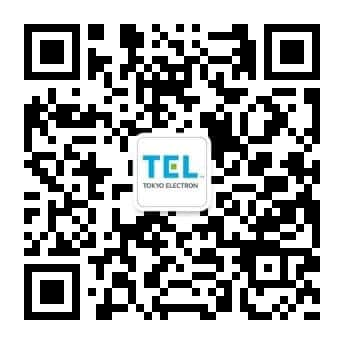Received certification from SBTi for our greenhouse gas emission reduction targets
Tokyo Electron (TEL) has received the SBT*1 certification from the Science Based Targets initiative (SBTi) *2, which recognizes that our greenhouse gas emission reduction targets set for 2030 are based on scientific evidence.
Greenhouse gas emission reduction targets ,certified by SBTi
・Reducing absolute scope 1*3 and 2*4 GHG emissions 70% by FY2031, using FY2019 as a baseline
・Increasing active annual sourcing of renewable electricity from 2% in FY2019 to 100% by FY2031
・Reducing scope 3*5 GHG emissions caused from the use of sold products by 55% per wafer processed by FY2031, using FY2022 as a baseline
※e.g., FY2019 is from April1,2018 to March 31,2019
In addition to striving to steadily achieve the targets certified this time, we will further promote environmental initiatives to achieve our long-term environmental goals of net zero by 2050, and contribute to t global environment preservation.
We will continue to promote sustainability-focused management and pursue our Corporate Philosophy which states that, "We strive to contribute to the development of a dream-inspiring society through our leading-edge technologies and reliable service and support."
*1 SBT: Science Based Targets SBT is an international initiative to certify greenhouse gas emission reduction targets set by companies for the next five to 15 years, consistent with the levels required by the Paris Agreement.
*2 SBTi: SBTi is an international initiative that certifies greenhouse gas emission reduction targets and evaluates greenhouse gas reduction targets of companies.
*3 Scope 1: Direct greenhouse gas (GHG) emissions from use of fuel and gas we owned or controlled
*4 Scope 2: Indirect GHG emissions from use of electricity, steam and heat we purchased
*5 Scope 3: Emissions from corporate value chains (excluding Scope 1 and 2 emissions), such as product transportation, employee business travel and major outsourced production processes. Scope 3 is divided into upstream activities, which include emissions associated with purchased or procured products and services, and downstream activities, which include emissions associated with sold products and services.
